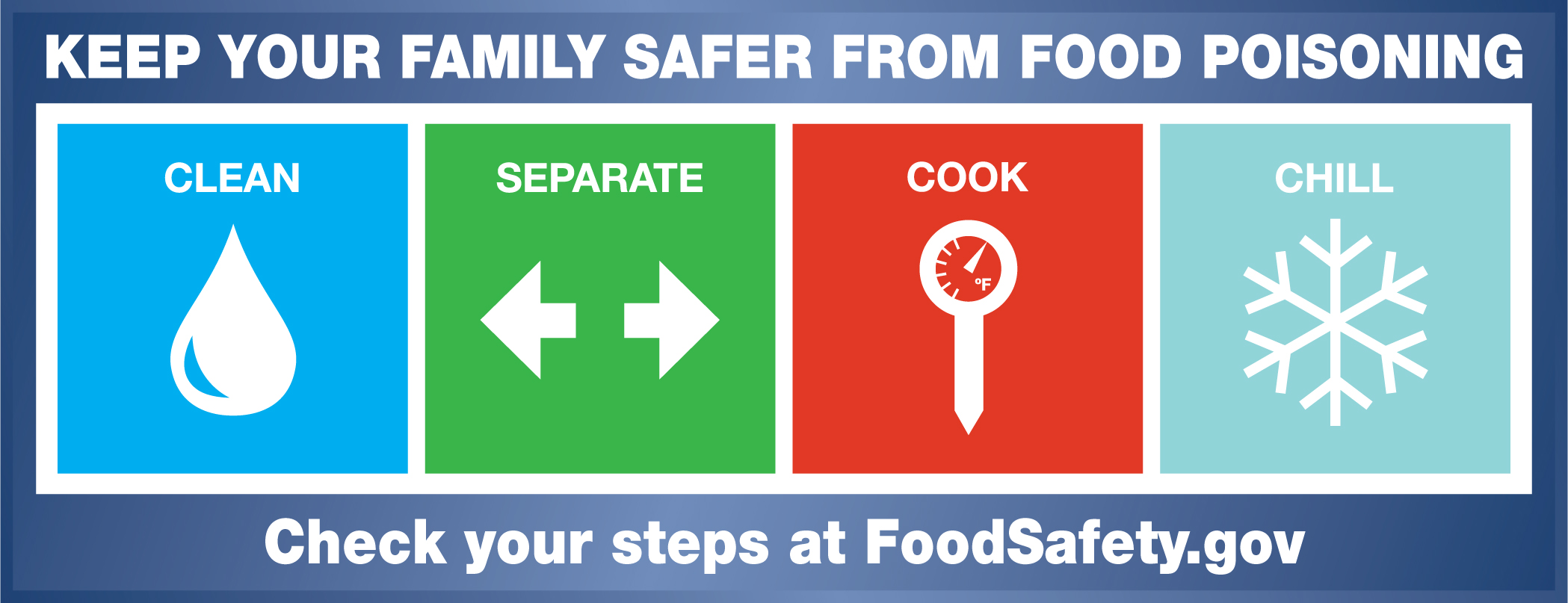Scientists have proven that the state of one’s health is linked to state of mind. Prolonged stress or anxiety as with Brexit or when self isolating sees all aspects of our immunity go downhill.
Constant worry releases the stress hormone cortisol which is a key factor in weakening the immune system. Cortisol is also released in response to an acute, emotional challenge like feeling lonely or depressed further depleting the immune system.
How well the body can fight off viruses and bacteria depends on how well you deal with these mental issues.
For some people, worry is an uncontrollable process, thoughts permanently engaged in the anticipation of potential dangers. Persecuted by a never-ending stream of “what if” questions accompanied by anxious mood, tense muscles and irritability.
With the advent of the Coronavirus, knowing how to deal with anxiety, just might save your life! This is why we’re giving away the chapter on ‘Anxiety’ from the bestselling book ‘Essential Basics.
A healthy immune system is your best defence to fighting off the symptoms of viral infections (Coronavirus COVID-19)
A healthy immune system won’t stop you catching it if you encounter an infected person, but it will help lessen the symptoms and just might save your life.
The immune system is a network of cells, tissues and organs that work together to ward off attacks by bacteria, parasites, viruses and fungi which cause infections resulting in colds and flu.
Viruses and bacteria are active all year round, but especially in winter the immune system is kept busy because colder temperatures reduce the blood circulation of the nasal and throat areas making you more susceptible. When it’s cold outside, more people tend to stay indoors which helps spread infections.
If your body is weakened due to an underlying illness or insufficiently supplied with nutrients, the pathogens (germs) have it even easier to take hold. In fact, people who don’t have a good immune system will have three or more infections a year and will need longer to recover. So, building up your immune system requires a healthy diet, balance and harmony.
Good nutrition boosts the immune system
Eating a healthy, well balanced diet has an impact on our overall well-being and the performance of our body as well as affecting our immune system. The Mediterranean Diet
It is recommended eating at least three portions of vegetables and two portions of fruit each day. You can also support your natural defences by ensuring you get enough of certain vitamins and minerals using supplements if necessary:
Vitamin C (ascorbic acid) is probably the best-known vitamin when it comes to boosting the immune system. Even during and after intense physical activity, vitamin C contributes to a normal function of the immune system, when an additional 200 mg are taken to the recommended daily dose.
Vitamin C as we all know is found in citrus fruits, but also vegetables like broccoli, kale or Brussel sprouts have high levels of this vitamin. Daily doses of between 100-200 mg of vitamin C should be taken daily. Our tip: Since vitamin C is very sensitive, foods should be eaten fresh and not stored for long.
Vitamin D – the key hormone of the immune system
Vitamin D is known to many for bone health. Recent research has shown that vitamin D is a key hormone for a healthy immune system. Only when the vitamin is present in sufficient quantities, can the body’s defences be mobilized.
Vitamin D is not a vitamin at all, but the precursor of a hormone that the body creates as a result of being exposed to sunlight. However, this ‘in-house’ production is often not enough, especially in the autumn and winter months when the immune system is particularly challenged.
Vitamin D is only present in a few foods in high amounts. Good sources are fatty sea fish, veal and eggs, but also mushrooms and avocados.
Zinc and selenium – protect the body cells
The trace element zinc is vital, because it controls the function of more than 200 enzymes and is involved in many metabolic processes. For example, the good defensive function of our body depends on the zinc balance. But it also helps to protect our body cells from oxidative stress.
It’s recommended to take at least 10 mg of zinc daily with your diet. In case of additional physical stress, pregnancy or stress, it can also be more. Oysters have high concentrations of zinc. But also, sea fish, seafood, dairy products or beef contain zinc.
Like zinc, selenium also contributes to the protection of the cell components from oxidative stress and to the normal function of the immune system.
Selenium is mainly covered by meat, fish, chicken eggs as well as lentils and asparagus. However, the high degree of processing of food and low-selenite soils can mean that the amount of selenium absorbed is not always optimal.
Immune system and age
As we age, our immune response capability becomes reduced and although the number of T cells does not decrease with aging, T-cell function decreases. This causes parts of the immune system to weaken and increases the risk for becoming ill. The conclusion of many studies shows that while some people age healthily, compared with younger people, the elderly are more likely to contract infectious diseases and, even more importantly, more likely to die from them. Respiratory infections, influenza, and particularly pneumonia is a leading cause of death in people over 65 worldwide.
It appears also to be a connection between nutrition and immunity in the elderly. A form of malnutrition that is surprisingly common even in affluent countries is known as “micronutrient malnutrition.” Older people tend to eat less and often have less variety in their diets.
The World Health Organization (WHO) estimate that the annual mortality rate of influenza is 250,000 to 500,000 people globally; however, a 2017 study indicated a substantially higher mortality rate, at 290,000 to 650,000 influenza-associated deaths from respiratory causes alone, and a 2019 study estimated 99,000 to 200,000 deaths from lower respiratory tract infections directly caused by influenza. Of these, 67% were among people 65 years and older.
Practice good food-safety techniques
Many people think that when we suffer from sickness and tummy upset, it is the result of germs picked up from outside the home. In fact, most germs are actually picked up in the home as a direct result of poor kitchen hygiene, with germs from raw foods (including meat, poultry, eggs, fish and seafood, raw fruit and vegetables) being transferred to kitchen surfaces or other foods whilst preparing meals, or food not being cooked properly. You can prevent infections by food-borne germs in your household by preparing and storing foods safely.
The following precautions will help kill microbes that are present in the food you buy and help you avoid introducing new microbes into your food at home:

- Clean – keep yourself and work areas clean
- Separate – keep raw meat and other raw animal products away from other foods
- Cook – always properly cook and prepare foods
- Chill – store foods appropriately both before and after cooking
10 Tips to boost the immune system
Of course, a balanced and varied diet is extremely important to fight off the next flu wave. But there are other factors that can help support our defenses:
Washing hands (And do it correctly): Viruses are often transmitted when shaking hands or when contacting door handles, shopping trolleys, etc. Avoid touching your face with your hands. Wash your hands several times a day with warm water and soap. Read more…
Drink enough! Thanks to heating air, our mucous membranes in the nasal and throat cavity dry out. This limits the natural barrier for viruses and bacteria. Therefore, be sure to drink at least 2 litres of water or unsweetened tea daily.
Regularly ventilate: By opening windows and doors, you ensure a healthy air exchange. A few minutes are enough to exchange fresh, oxygen-rich air with old, virus-rich air from enclosed spaces.
Sauna and alternating showers: A change of cold and warm water boosts our blood circulation and trains the body for rapid temperature changes. But beware: if you already have a cold, refrain from visiting the sauna and don’t put additional strain on your body due to the temperature fluctuations.
Exercise in the fresh air: Exercise gets the circulation going and keeps our mucous membranes moist. Running or walking 3 times a week for half an hour is enough. In the wet cold season, make sure you have suitable clothing. If you’re showing signs of a cold, you should not attempt any strenuous sport! Make Time For Fitness
Just no stress! If possible, take a short break, do yoga or take a hot relaxing bath because only a rested body can produce new antibodies. Combat Stress At Work
Healthy intestinal flora: The intestine and the immune system are closely connected, as about 80% of immune cells are found in the intestine. A healthy intestinal flora is therefore particularly important for an effective immune system. Listen to Your Gut
Alcohol and nicotine: Alcohol and nicotine weaken the immune system. In the event of high levels of these substances, our immune system is deactivated for at least 24 hours. Nicotine greatly weakens the function of certain white blood cells, making it easier for pathogens to breed.
Avoid crowds: Of course, there’s an increased risk of catching a virus that is spread by coughing or sneezing. We can hardly protect ourselves against this, but avoid, if possible, closer body contact such as shaking hands, kissing or hugs.
Sleep: Our defence guard is closely related to the quality and duration of our sleep. Because while we sleep, large amounts of immune-active T-cells are released in the body to fight infections and strengthen our defence system. Prepare a Busy Mind for Sleep
Our mission
A Hotlifestyle starts with looking after yourself, embracing good habits, practicing discipline and self-love and always on a mission to becoming the very best version of yourself. Prevention is always better than cure so start today, we guarantee that your body will thank you for your efforts in the years to come.













